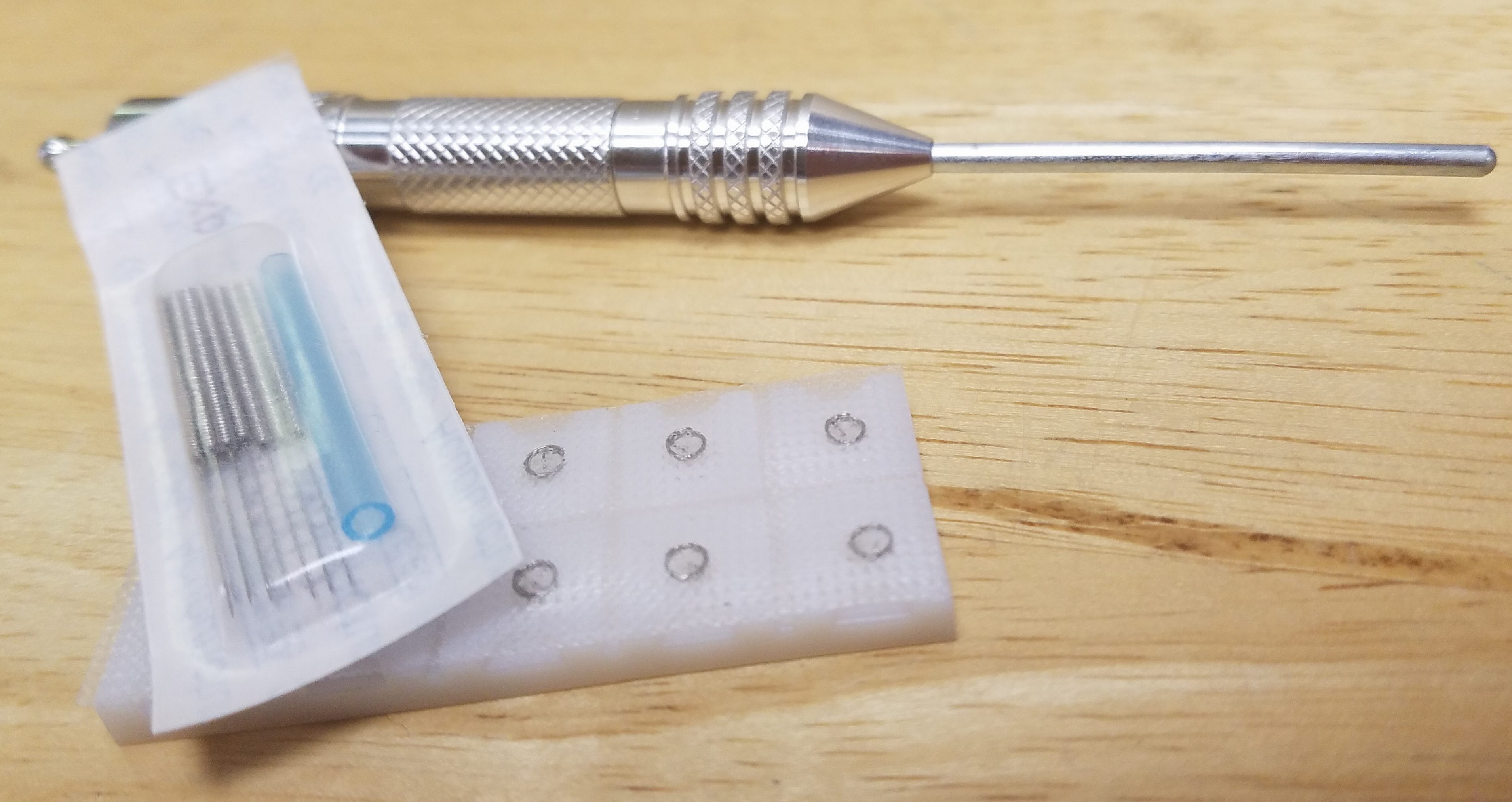Why Is Vitamin D Vital To Our Nutrition Needs?
At any given moment, there are millions of processes going on in our body. These processes can be anything from cells dividing, to digestion, to energy metabolism. With all of these processes, it is no wonder our bodies require a variety of nutrients to function optimally.
One of these nutrients is vitamin D. While we do not know all that this vitamin does for our health, we do know that it is involved in almost every system we have. Some of the functions that we do know include an increase in the strength of our bones by working with calcium, an improvement in immune strength, a reduction of diabetes risk and osteoporosis, and is even helpful during pregnancy.
So what is vitamin D and how can we get more of it?
Vitamin D, the mystery vitamin
Vitamin D is a mysterious yet powerful vitamin. According to David Perlmutter, author of Grain Brain, vitamin D is more of a hormone than a vitamin because our body creates most of our vitamin D. Our bodies are unable to produce any other vitamin. The range that our bodies use vitamin D is why deficiencies, even minor ones, can have such a large impact on our health.
Science has yet to discover every function of our bodies that it is involved in. Scientists and physicians alike understand that D is an essential component in our bodies and ensuring that we have the right amounts can make all the difference in our health.
Though our bodies can naturally produce Vitamin D, deficiency in this essential vitamin is common and affects both children and adults. Deficiency in children can lead to rickets, a disease that causes softening of the bones and poor bone growth. Adults with vitamin D deficiency can experience early onset osteoporosis which leads to an increased risk of injury from falls, and an increased risk of diabetes. Both adults and children experience a decline in immune system function with a decline in vitamin D levels. Studies have shown that pregnant women deficient in vitamin D have an increased risk for preeclampsia, high blood pressure during pregnancy.
So how do I get more Vitamin D?
Vitamin D is produced naturally in our skin with sun exposure. Just 10-15 minutes of sun exposure, 2-3 times a week on bare skin, can provide the adequate amounts of vitamin D our bodies need. This does not need to be laying out in the sun, which comes with an increased risk for burns and skin cancers. This sun exposure can be gained through working, exercising, or playing outside on a regular basis. While it may seem easy to get enough sun, it is estimated that up to 50% of adults and children worldwide are Vitamin D deficient. Because this is a minimal requirement and is based on the body functioning at 100% (which our bodies rarely do), it often takes longer in the sun and supplemental nutrition to meet our vitamin D needs. So how much vitamin D do we need, especially in winter when we are rarely in the sun in a t-shirt and shorts?
It is recommended that the average person, age 0-50 get 2,000 IU per day. The best form of vitamin D is produced in our bodies from sun exposure. A problem arises when we start to apply sunscreen to prevent harmful skin damage. Applying a SPF 30 sunscreen can reduce the production of Vitamin D from the sun by as much as 95%. It is important to find a balance between protecting your skin and producing enough Vitamin D. No matter what time of year it is, there is often a need to supplement Vitamin D through diet or nutritional supplements.
The second best way to obtain vitamin D is through diet.
While the most common go-to food item is milk, there are actually far better products that have more of the vitamin in it. Some of these items are cod liver oil, fresh herring, swordfish, raw mattock mushrooms, salmon, sardines, tuna, and eggs. Some of these food items can be easy to incorporate into our diet and other a little more difficult, swordfish anyone? These foods help provide not only vitamin D but also other essential nutrients.
If you do not like fish or find it difficult to incorporate enough of these foods to meet your needs, nutritional supplements can be another alternative to vitamin D support. When it comes to supplements, quality if key. The most common supplements that are available can be the least effective. Most of the supplements that are available over the counter might have a large amount of a particular ingredient, in this case, vitamin D, but often our bodies are not able to utilize a large portion of the available vitamin that is in the supplement. This often leads to much of it being wasted. What it important is not the brand, but the bio-availability. When supplements are produced, the process that they are produced dictates how much of the vitamin the body can actually use. Most mass produced supplements do not have a large bio-availability. When looking for a good quality supplement, consult with your chiropractor or wellness provider to gain access to these products. At Pappas Chiropractic, we offer a variety of nutritional supplements to fit your needs and work with many manufacturers to ensure we carry the best supplements that use the highest quality ingredients.
When everything is right
When our bodies get the appropriate amount of vitamin D, either from producing it internally or consuming it, our bodies can function properly. The benefits of having the appropriate amount of vitamin d includes, but are not limited to, reducing the risk of developing diabetes, increasing the strength of our bones, reducing flu risks, reducing cancer risks and increasing the health of pregnant women and their children.
While there are benefits,it is also important to keep from having too much vitamin D as a high level has been shown to increase child allergies during the first two years of life. As important as it is, vitamin D can be relatively easy to maintain proper levels.
Unlike some other vitamins, our bodies can normally produce adequate amounts to keep us healthy if we get enough sun exposure. If we do not have the ability to get enough sun, we can maintain our vitamin D levels with diet and/or supplementation.
Vitamin D is essential for many functions in our body and needed to avoid certain risk factors and diseases. Whether you are getting your vitamin D from the sun, food, or through nutritional supplements it is always important to find something that works for you.
Recommended Reading
Acupuncture: Your Questions Answered!
Acupuncture: Your Questions Answered Over the few months, we have seen an increase in patients interested in acupuncture. We often get a question about what acupuncture is, how is it [...]
Why Is Vitamin D Vital To Our Nutrition Needs?
Why Is Vitamin D Vital To Our Nutrition Needs? At any given moment, there are millions of processes going on in our body. These processes can be anything from cells [...]
Top 5 reasons you are stretching wrong
Top 5 reasons you are stretching wrong Tight muscles can lead to anything from soreness to other conditions such as low back or neck pain, headaches, or carpal tunnel symptoms. [...]




